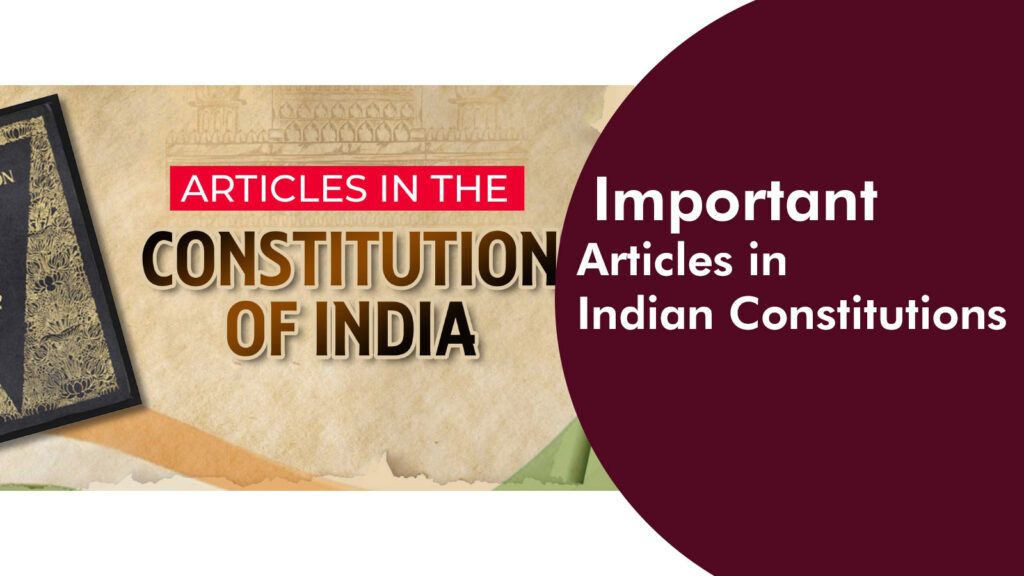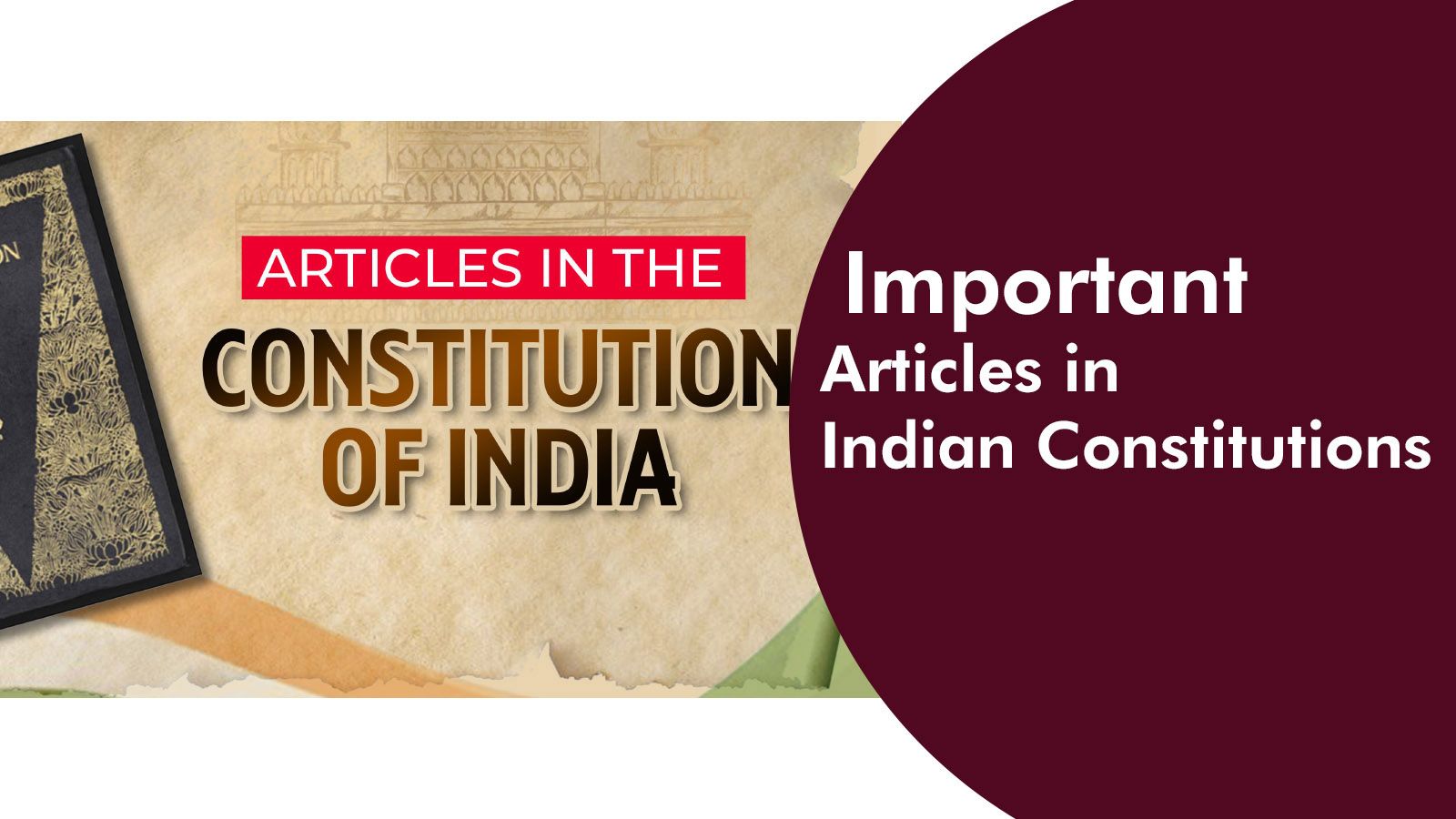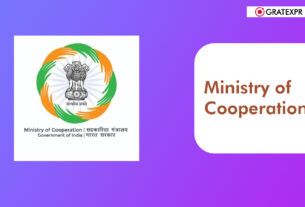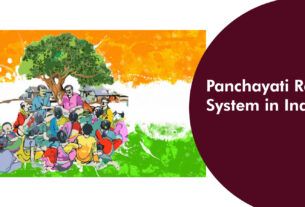The Constitution of India is the supreme law of India. It lays down the framework defining fundamental political principles, establishes the structure, procedures, powers, and duties of government institutions, and sets out fundamental rights, directive principles, and the duties of citizens.
Here are some of the most important articles of the Indian Constitution:
Article 14: Right to Equality – This article guarantees equality before law and equal protection of laws to all citizens, regardless of their religion, race, caste, or gender.
Article 15: Prohibition of Discrimination – This article prohibits discrimination on grounds of religion, race, caste, sex, or place of birth.
Article 16: Equality of Opportunity in Matters of Public Employment – This article ensures equal opportunities in matters of public employment, regardless of religion, race, caste, or gender.
Article 19: Protection of Certain Rights Regarding Freedom of Speech and Expression, Assembly, Association, Movement, Residence, and Occupation – This article provides citizens with the right to freedom of speech, expression, assembly, association, movement, residence, and occupation.

Article 21: Protection of Life and Personal Liberty – This article guarantees the right to life and personal liberty to all citizens.
Article 22: Protection Against Arrest and Detention – This article provides safeguards against arrest and detention in certain cases.
Article 25: Freedom of Conscience and Free Profession, Practice, and Propagation of Religion – This article guarantees freedom of conscience and the right to freely profess, practice, and propagate religion.
Article 32: Right to Constitutional Remedies – This article gives citizens the right to move the Supreme Court for the enforcement of their fundamental rights.
Article 33: Power of Parliament to Modify the Rights Conferred by Part III – This article gives Parliament the power to modify the rights conferred by Part III (fundamental rights) of the Constitution in the interest of the sovereignty and integrity of India, the security of the State, friendly relations with foreign States, or public order.
Article 35A: Special Provisions with Respect to Jammu and Kashmir – This article empowers the Jammu and Kashmir legislature to define permanent residents of the state and provide them with special rights and privileges.
Article 39: Certain Principles of Policy to be Followed by the State – This article lays down certain principles of policy to be followed by the State in the economic, social, and political spheres.
Article 41: Right to Work, to Education, and to Public Assistance in Certain Cases – This article provides citizens with the right to work, education, and public assistance in certain cases.
Article 51A: Fundamental Duties – This article lays down the fundamental duties of citizens towards the nation.
These are some of the most important articles of the Indian Constitution that define the fundamental rights and duties of citizens, as well as the powers and responsibilities of government institutions. The Constitution is a living document that has been amended several times to keep pace with the changing needs and aspirations of the people.



